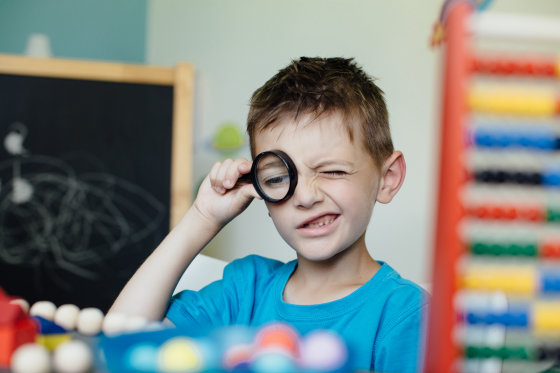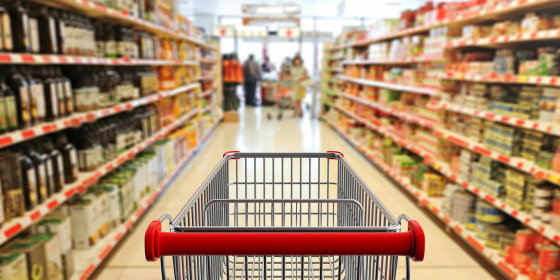Is it possible to keep 'hand washing' and 'social distance' all the time?

As a measure against the new coronavirus infection (COVID-19), an increasing number of people are taking a '
Hand-washing and distancing don't have tangible benefits – so keeping up these protective behaviors for months will be tricky
https://theconversation.com/hand-washing-and-distancing-dont-have-tangible-benefits-so-keeping-up-these-protective-behaviors-for-months-will-be-tricky-136457
Grenchen Chapman and George Lowenstein, professors of psychology at Carnegie Mellon University, are studying changes in people's behaviors related to health. The two researchers argued about whether hand-washing and social distance strategies will continue: “Washing your hands or taking two meters away is not difficult, but people will benefit from their own actions. The problem is that you can't actually see it. '
Washing hands and keeping social distances make people inconvenient and constantly alert. And the cost of action is on the spot, but the benefits appear late. In addition, the benefits of action cannot be seen, touched, or felt. It has already been 'surprise' for researchers that the hygiene measures so far have been successful.
◆ Why is it difficult to see the profit?

When it comes to small probabilities like being infected with a coronavirus, even dramatic changes in probabilities, such as 1/1000 to 1 / 1,000,000, are insensitive and can't be considered profitable. The possibility is shown.
For example, in one study, people spend more money on '5 / 10,000 to 0 / 10,000' rather than '15 / 10,000 to 10 / 10,000' pesticide risks. Is
However, even if you wash your hands, put on a mask, and sterilize the food packaging, you cannot reduce the risk of COVID-19 infection to zero. Researchers are skeptical of the idea that people can sustain the inability to eliminate risk.
◆ Impact of not knowing profit

I don't know if I could actually get rid of the virus by washing my hands because the virus is invisible. The reason why you don't get sick is because the virus prevention is working well, but it is impossible to know 'whether you got sick without taking measures'. Previous depression studies have shown that patients with improved symptoms stop taking the drug and are more likely to relapse. Similarly, if the overall infection rate declines, it is possible that many people will not take measures such as washing their hands, thinking that they did not need to sacrifice themselves.
As a solution to these problems and possible conceivable measures, researchers are raising 'methods that eliminate individual decision making.' In short, it limits the number of people who can enter the supermarket and obliges them to disinfect before entering the store. For this reason, policy makers have stipulated to companies that 'if you open a store, you should do this', or if you ask people to wear masks in public places and do not follow the rules. It is required to make light punishment. Researchers say that even small punishments can have a big impact on people's behavior.
Researchers say that the longer the behavioral changes are maintained, the more likely they are to become habits and overcome the 'less visible benefits' problem.
Related Posts:
in Note, Posted by darkhorse_log







